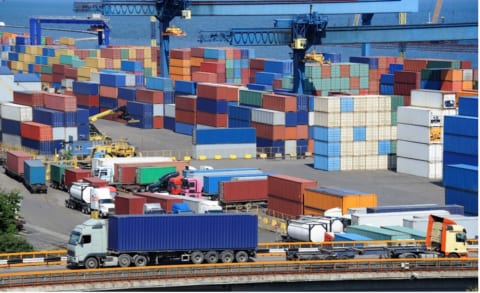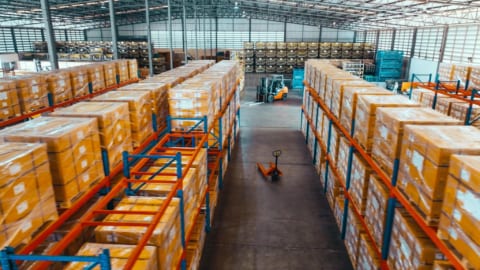Freight forwarders are intermediaries who arrange the transportation of goods from one place to another. They offer various services such as booking cargo space, preparing documents, handling customs clearance, consolidating shipments, and tracking deliveries. However, despite their important role in global trade, they face many challenges and inefficiencies in their daily operations.
According to a recent report by Container xChange, a logistics platform that connects freight forwarders and container owners, freight forwarders and NVOCCs (non-vessel operating common carriers) spend up to 80% of their time manually solving problems with low-tech container operations processes. These problems include finding suitable containers, negotiating rates, verifying availability, arranging pick-up and drop-off, dealing with damages and disputes, and updating customers on the status of their shipments.
The report also revealed that these problems cost freight forwarders an average of $200 per container in extra fees and delays. Moreover, they cause frustration and dissatisfaction among customers who expect faster and more reliable service. As a result, freight forwarders lose business opportunities and competitive advantage in the market.
One of the main reasons for these problems is the lack of standardization and transparency in the container industry. There are many different players involved in the container supply chain such as shipping lines, terminals, depots, truckers, insurers, etc., each with their own systems and processes. This makes it difficult for freight forwarders to coordinate and communicate with them effectively.
Another reason is the reliance on outdated methods such as phone calls, emails, spreadsheets, fax machines etc., which are prone to human errors and delays. These methods also create a lot of paperwork and data entry work for freight forwarders who have to deal with multiple documents such as bills of lading (B/L), invoices etc.

To overcome these problems , freight forwarders need to adopt more digital solutions that can streamline their workflows , improve their visibility , reduce their costs , enhance their customer service ,and increase their productivity . Some examples of these solutions are:
- Online platforms that connect freight forwarders with container owners who have surplus or idle containers available for rent or exchange. These platforms can help freight forwarders find suitable containers faster , cheaper ,and easier than traditional brokers or agents . They can also help them avoid demurrage (storage) fees , detention (late return) fees , repositioning costs etc.
- Cloud-based software that automates the booking , tracking , invoicing ,and reporting processes for freight forwarders . These software can help freight forwarders save time , money ,and resources by eliminating manual tasks . They can also help them access real-time data on container availability , location , status etc., which can enable them to make better decisions .
- Blockchain technology that creates a secure and transparent record of all transactions between parties involved in the container supply chain . This technology can help freight forwarders reduce frauds , disputes ,and errors by ensuring that all information is accurate , verified,and immutable . It can also help them comply with regulations by providing proof of delivery etc.
In conclusion,freight forwarders play a vital role in facilitating global trade,but they face many challenges due to inefficient container operations processes.These challenges affect their profitability,customer satisfaction,and market position.To overcome these challenges,freight forwarders need to embrace digital transformation by using online platforms cloud-based software,and blockchain technology.These solutions can help them optimize their workflows,increase their visibility,cut down their costs,enrich their customer service,and boost their productivity.
Reported by Kylie @Wedo 2023-03-27










